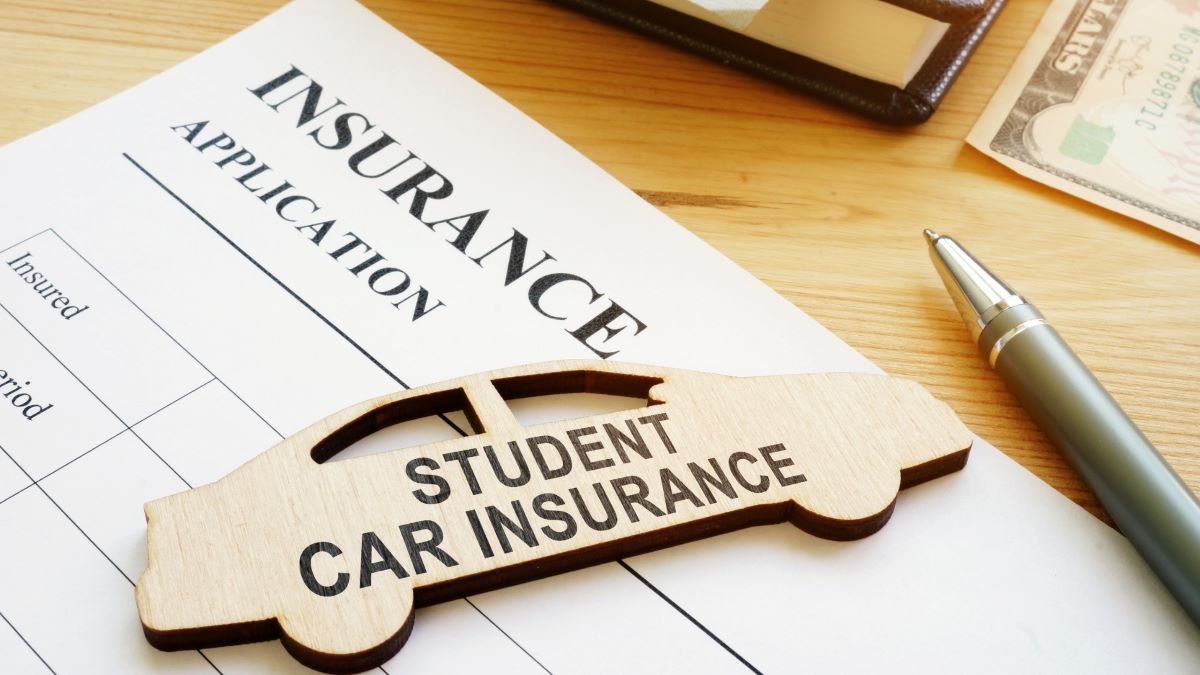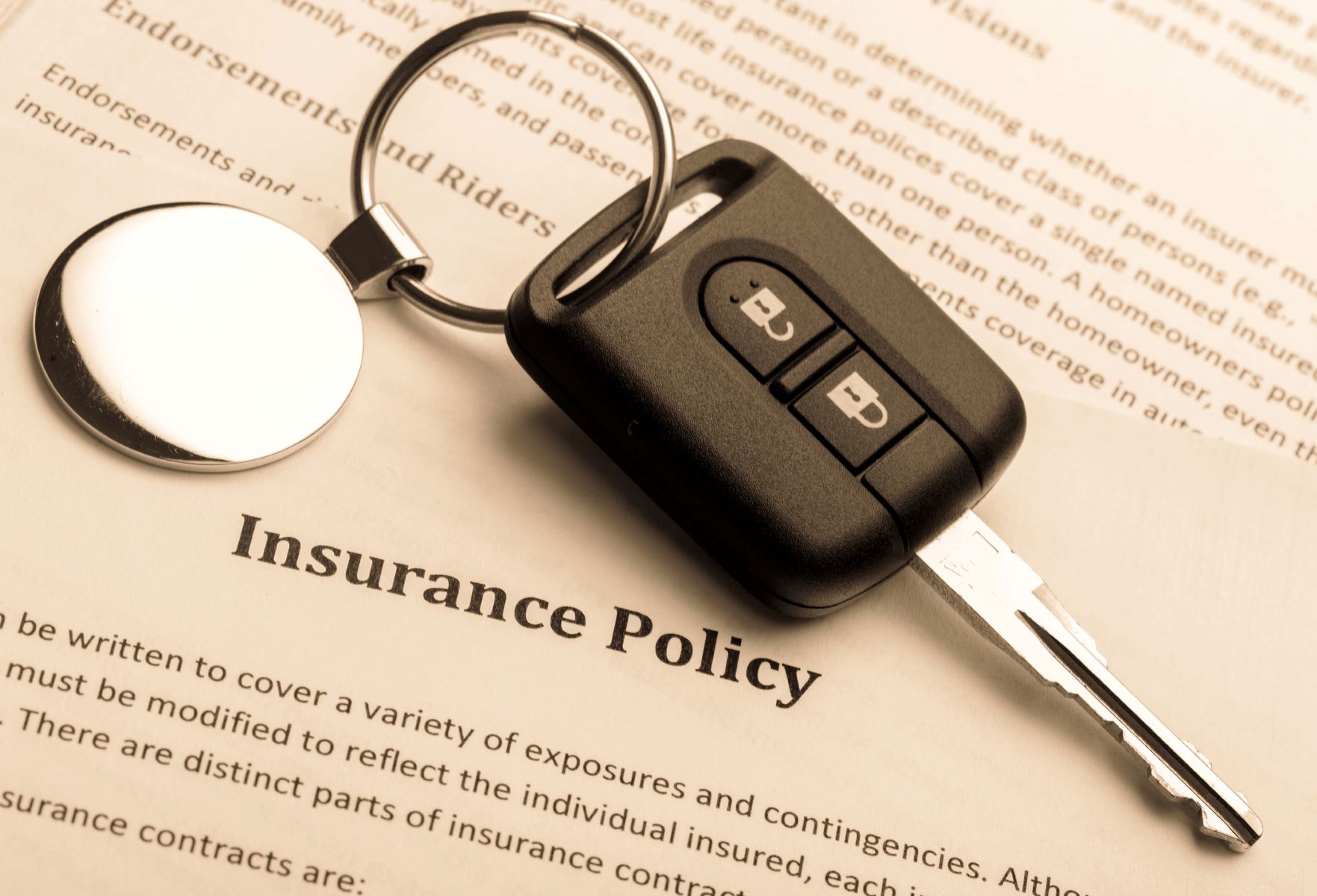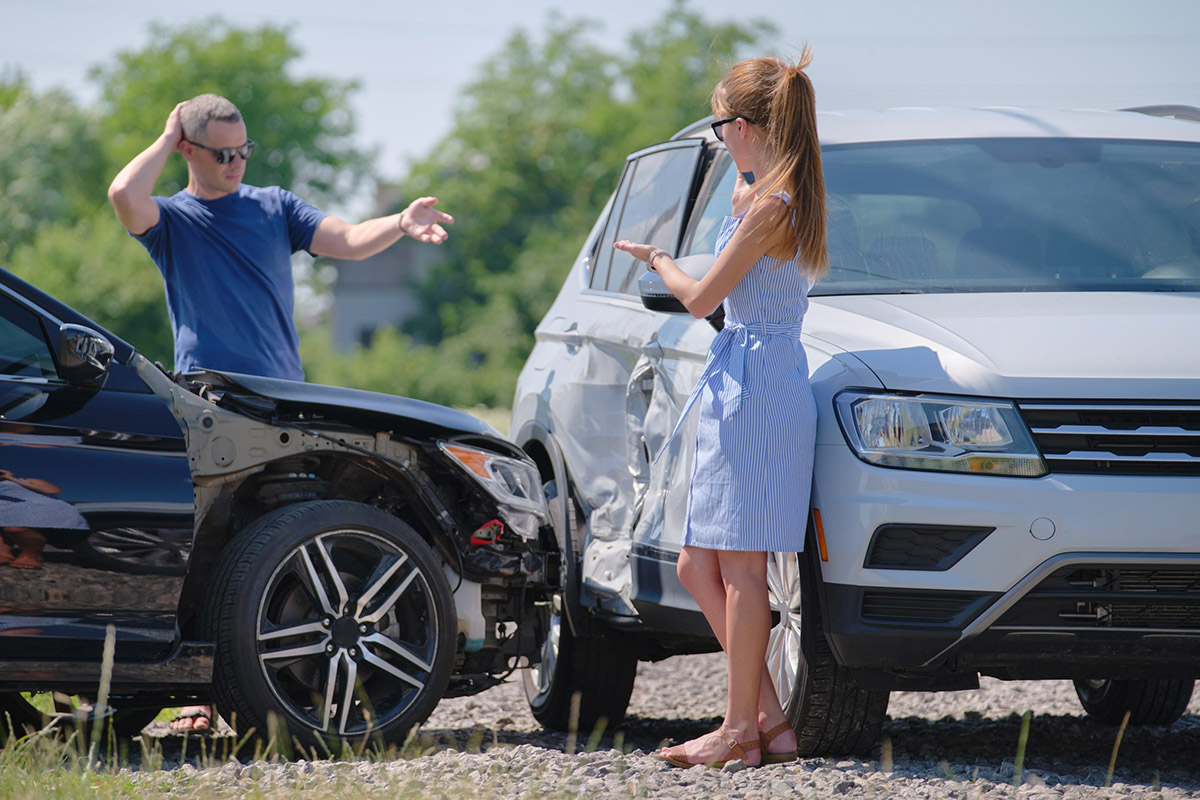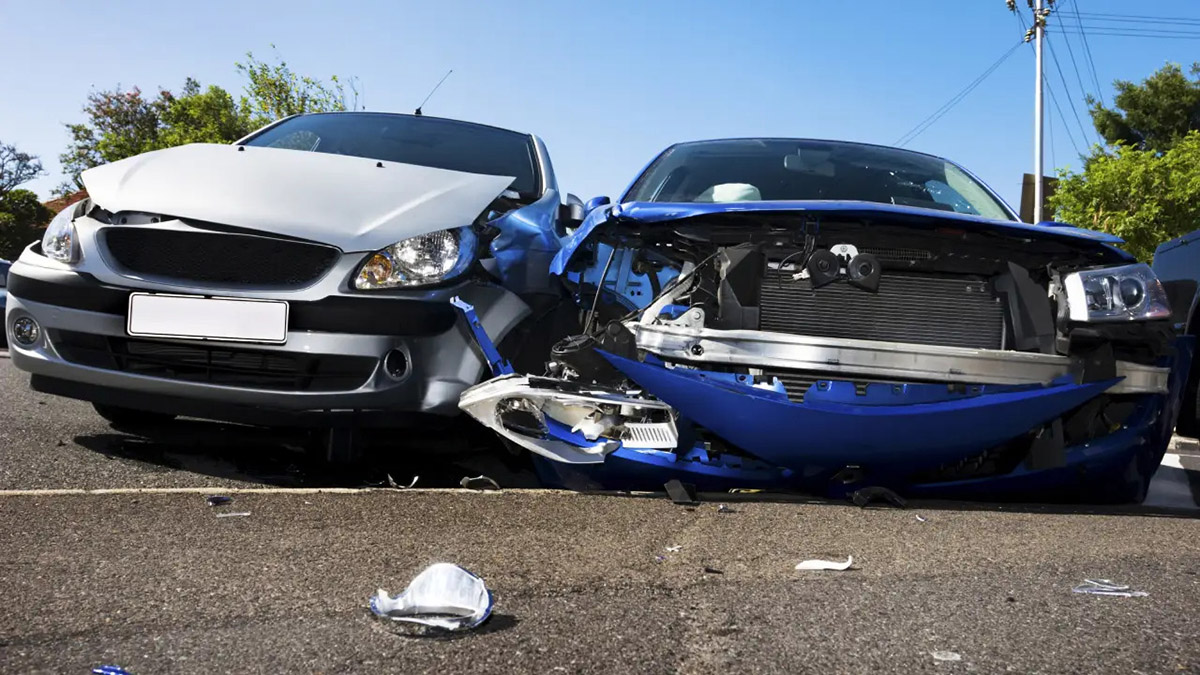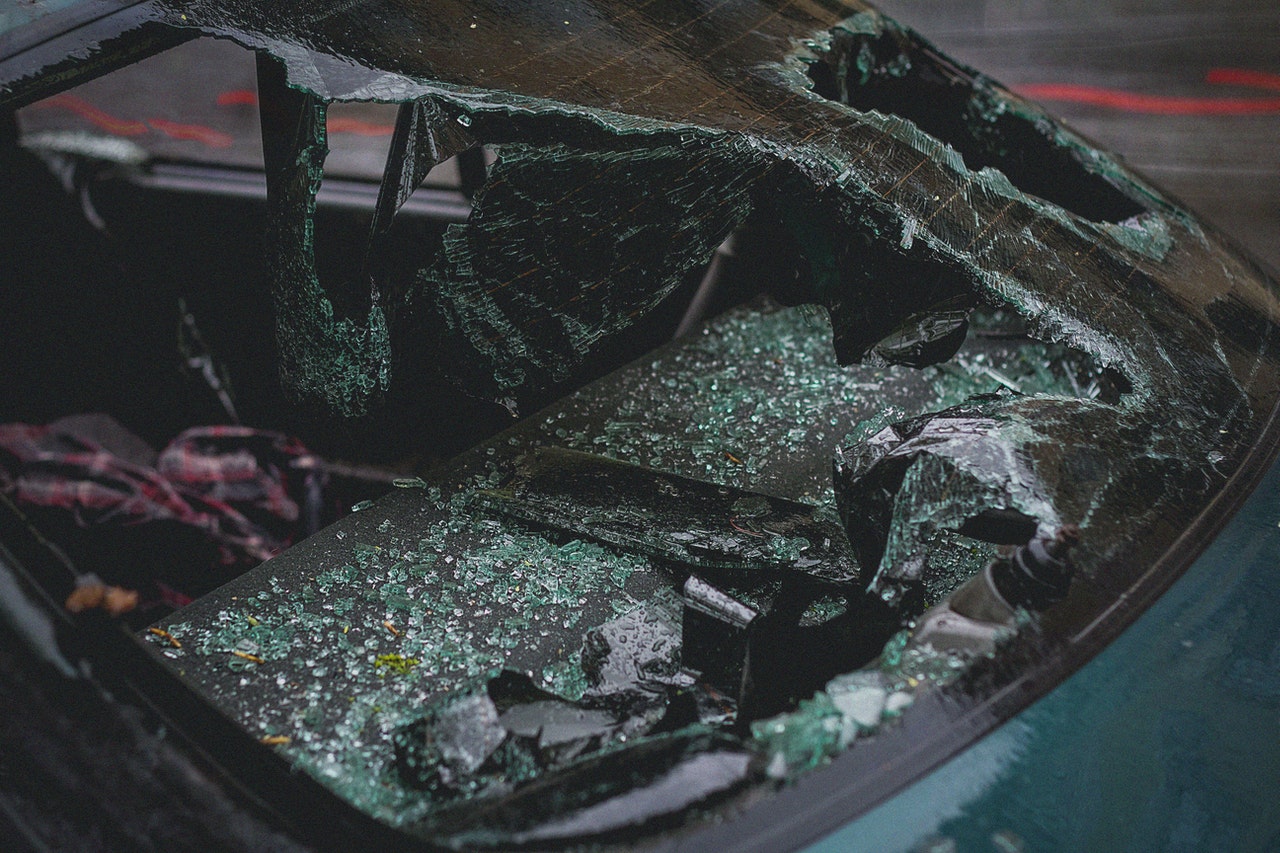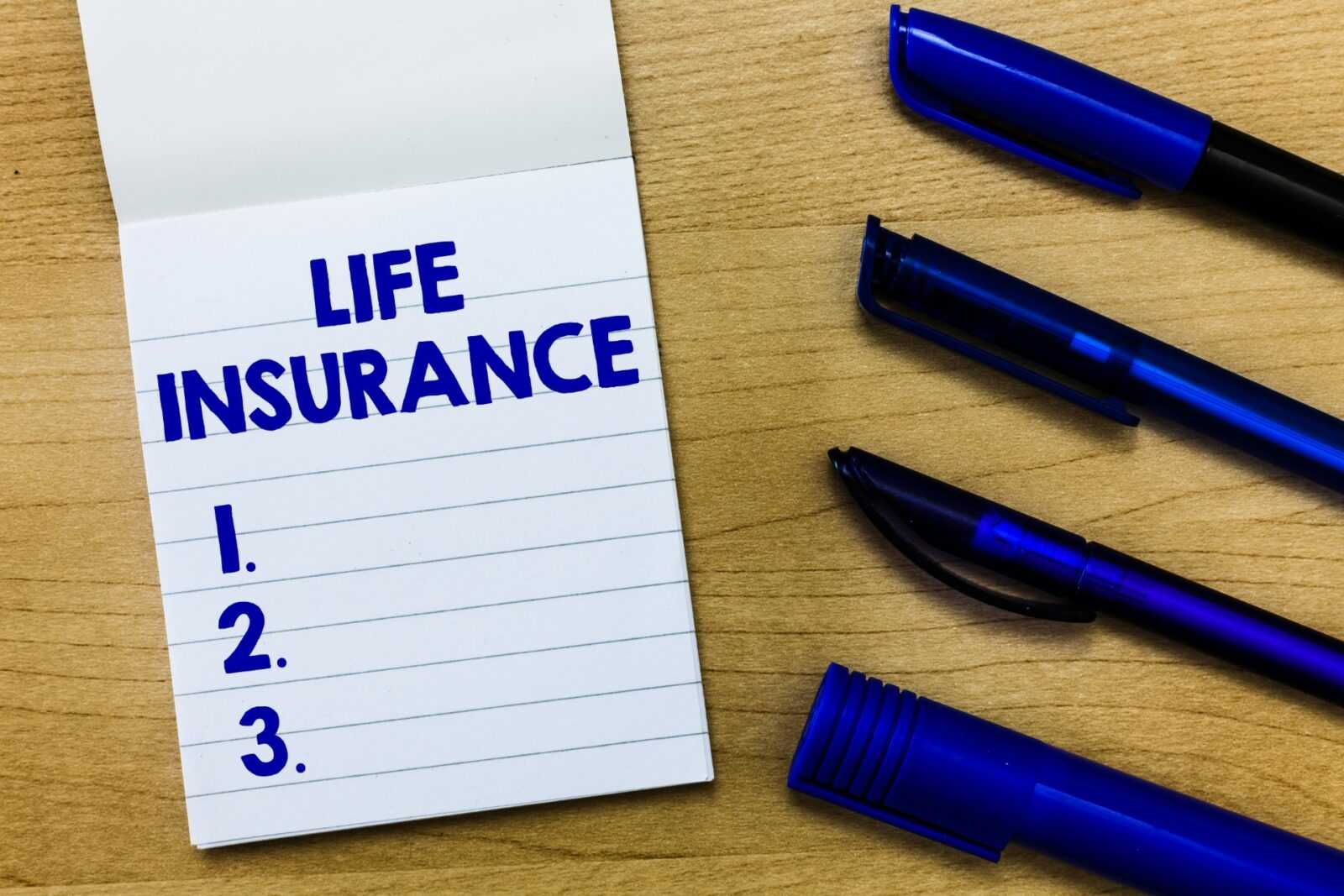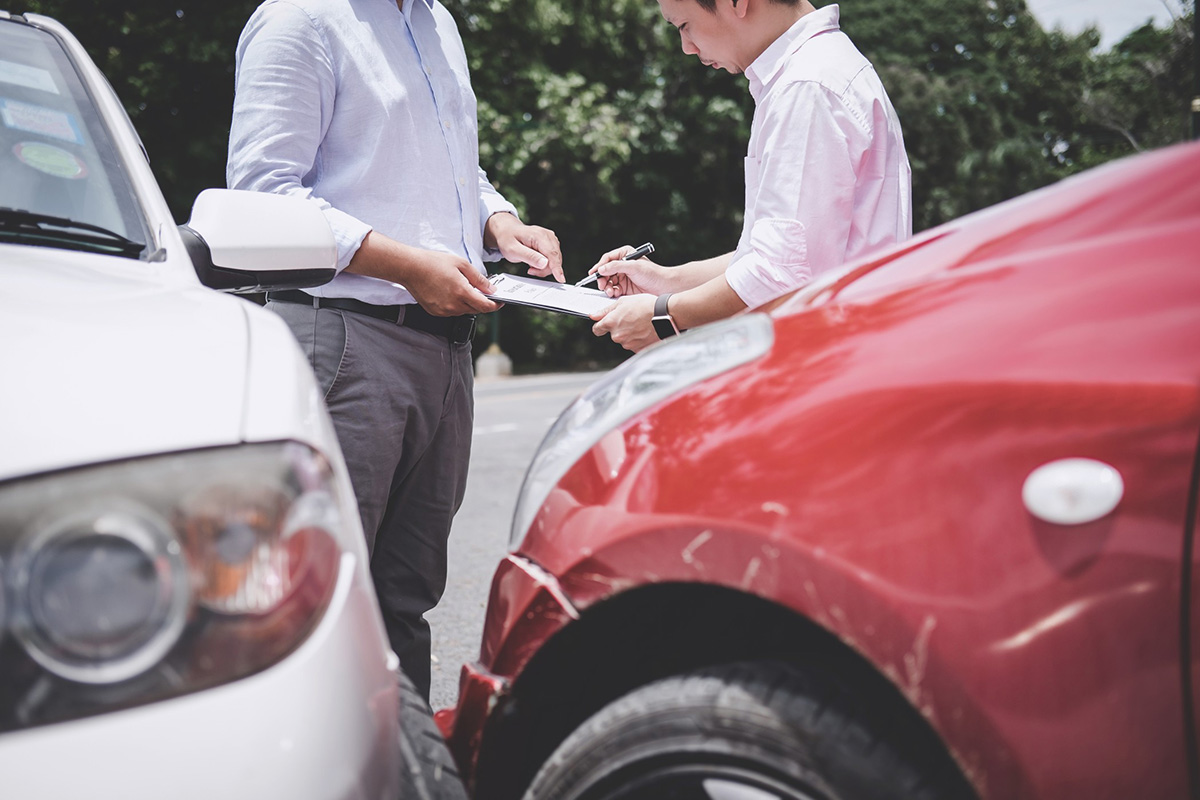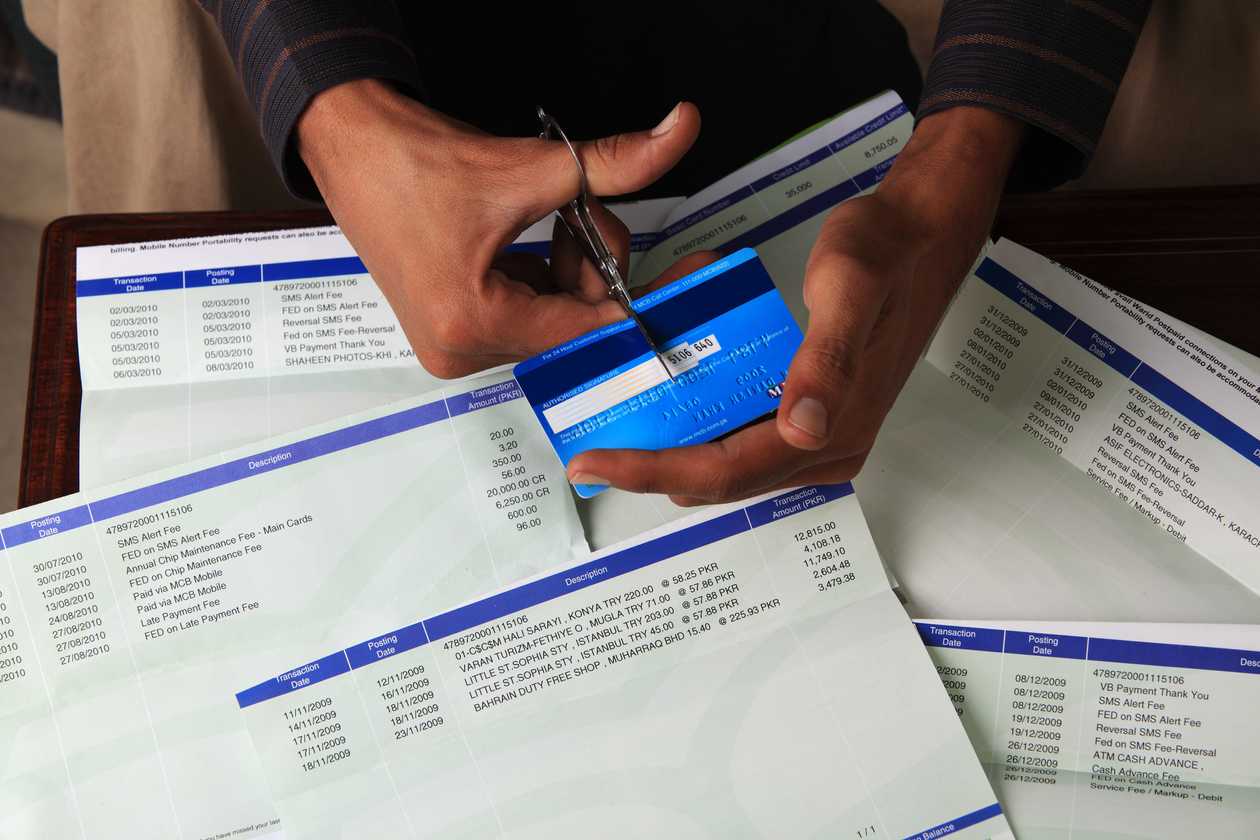Home>Finance>What Happens If The Person Not At Fault In An Accident Has No Insurance In California?


Finance
What Happens If The Person Not At Fault In An Accident Has No Insurance In California?
Published: November 5, 2023
If the person not at fault in an accident has no insurance in California, they may face serious financial consequences. Find out what happens and how to protect your finances.
(Many of the links in this article redirect to a specific reviewed product. Your purchase of these products through affiliate links helps to generate commission for LiveWell, at no extra cost. Learn more)
Table of Contents
- Introduction
- Understanding Fault in Car Accidents in California
- Mandatory Insurance Requirements in California
- What Happens If an Uninsured Person is Not at Fault in an Accident?
- Possible Consequences for an Uninsured At-Fault Driver
- Options for an Uninsured Not-at-Fault Driver in California
- The Importance of Obtaining Insurance in California
- Conclusion
Introduction
Car accidents are an unfortunate reality that can happen to anyone, regardless of their driving skills or caution on the road. In the state of California, being involved in a car accident without insurance can have severe consequences, both for the at-fault driver and the individual who is not responsible for the accident.
In this article, we will discuss what happens when a person who is not at fault in an accident does not have insurance in California. We will also explore the mandatory insurance requirements in the state and the potential consequences for an uninsured driver who is at fault. Additionally, we will provide information on the options available for an uninsured individual who is not responsible for the accident.
It is essential to understand the implications of not having insurance in California, as it can have significant financial and legal ramifications. Whether you are a responsible driver who always follows traffic laws or someone who has recently moved to the state, having adequate insurance coverage is crucial for protecting yourself and others on the road.
By gaining knowledge about the laws and options available in California, you can make informed decisions about insurance coverage and better navigate the aftermath of a car accident, should it occur.
Understanding Fault in Car Accidents in California
In California, determining fault in a car accident is fundamental in assessing the financial and legal responsibilities of each party involved. The state follows a comparative fault system, which means that fault can be assigned to multiple parties based on their degree of responsibility for the accident.
California uses a “pure comparative negligence” rule, which allows accident victims to recover damages even if they are partially at fault for the accident. However, the amount of compensation they receive will be reduced based on their percentage of fault.
Insurance companies, law enforcement officers, and courts consider various factors when determining fault in a car accident, including the following:
- Police reports detailing the accident and any citations given
- Statements from involved parties, witnesses, and other relevant individuals
- Physical evidence, such as skid marks or damage to the vehicles
- Photographs or videos of the accident scene
- Expert opinions or reconstruction analysis
It is important to note that the determination of fault can be a complex process, and it may require thorough investigation and analysis of the available evidence. Sometimes, fault may not be immediately clear, and it may be necessary to consult with legal professionals experienced in personal injury cases to navigate the complexities of the legal system.
Understanding how fault is assigned in car accidents is crucial for both uninsured individuals who are not at fault and those who are responsible for the accident. It helps establish their financial liabilities and potential legal repercussions, especially when insurance coverage is involved.
Mandatory Insurance Requirements in California
California law mandates that all drivers maintain a minimum amount of auto insurance coverage to protect themselves and others in the event of a car accident. It is crucial to be aware of these insurance requirements to ensure compliance and avoid legal penalties.
The minimum insurance requirements in California are as follows:
- Bodily Injury Liability Coverage: Drivers must have a minimum coverage of $15,000 for injury or death to one person and $30,000 for injury or death to multiple people in a single accident.
- Property Damage Liability Coverage: Drivers must have a minimum coverage of $5,000 for property damage caused in an accident.
These minimum coverage amounts are meant to provide basic financial protection for victims of car accidents. However, it is worth noting that these limits may not be sufficient to cover significant medical expenses, property damage, or other financial losses that can result from a severe accident.
It is highly recommended to consider higher coverage limits and additional types of insurance, such as uninsured motorist coverage and comprehensive coverage, to provide greater protection and peace of mind. Uninsured motorist coverage can protect drivers in situations where the at-fault party is uninsured or underinsured, while comprehensive coverage can provide coverage for non-accident-related damages, such as theft or natural disasters.
Failure to maintain the mandatory insurance coverage in California can result in serious consequences. If caught driving without insurance, the driver may face fines, license suspension, and the impoundment of their vehicle. It is important to stay up to date with insurance payments and carry proof of insurance to avoid such penalties.
By understanding and complying with the mandatory insurance requirements in California, drivers can protect themselves and others on the road and mitigate potential financial and legal issues in the event of a car accident.
What Happens If an Uninsured Person is Not at Fault in an Accident?
Being involved in a car accident can be a stressful experience, especially when you are not at fault. However, if you are uninsured in California, the situation becomes even more challenging. Here is what you can expect if you find yourself in this unfortunate situation:
1. Financial Responsibility: Even if you are not at fault, the absence of insurance puts the burden of covering medical expenses and property damage on you. You will be responsible for paying for your own medical bills, car repairs, and any other related costs out-of-pocket. This can be financially overwhelming, especially if the accident results in significant damages.
2. Legal Consequences: California law requires all drivers to have insurance coverage. As an uninsured driver, you may face legal consequences, even if you are not responsible for the accident. Driving without insurance is considered a violation of the law, and you may be subject to fines, license suspension, and other legal penalties. It is crucial to consult with a legal professional experienced in personal injury cases to understand your rights and navigate the legal complexities.
3. Pursuing Compensation: Although you are not at fault, seeking compensation from the at-fault party can be challenging if you do not have insurance coverage. Insurance companies typically handle the process of negotiating and settling claims. Without insurance, you may need to directly negotiate with the other party’s insurance company or consider legal action to pursue compensation. It is advisable to consult with an attorney who can guide you through this process and advocate for your best interests.
4. Potential Out-of-Pocket Losses: In some cases, you may not be able to fully recover your losses, even if you are not at fault. This is particularly true when the at-fault driver is uninsured or does not have sufficient insurance coverage. Without insurance, you may be left with significant out-of-pocket expenses, and the chances of recovering these losses may be limited.
It is important to note that the specific outcomes can vary depending on the circumstances of the accident and the applicable laws in California. Consulting with legal and insurance professionals can provide personalized guidance based on your individual situation.
In such situations, it becomes evident how essential it is to have adequate insurance coverage. Having insurance protects not only your finances but also provides a safety net in case of accidents that are not your fault. It is strongly advised to obtain proper insurance coverage to avoid potential financial and legal hardships.
Possible Consequences for an Uninsured At-Fault Driver
Being involved in a car accident can have serious repercussions, and it becomes even more complicated if you are the at-fault driver and uninsured in California. Here are some potential consequences that you may face in such a situation:
1. Financial Liability: As the at-fault driver, you will be responsible for covering the damages to the other party’s vehicle, property, and any medical expenses. Without insurance, you will have to pay for these costs out of your own pocket. Depending on the severity of the accident, these expenses can escalate rapidly, potentially resulting in significant financial strain.
2. Legal Penalties: Driving without insurance is against the law in California. If you are the at-fault driver and uninsured, you may face legal consequences, such as fines, license suspension, and the possibility of having your vehicle impounded. Additionally, your driving record may be negatively affected, which can lead to higher insurance premiums in the future or difficulty obtaining insurance coverage.
3. Limited Options for Defense: Without insurance, you will have limited options for legal defense or representation. In the event that the other party pursues legal action against you, it can be challenging to navigate the legal process without professional advice. It is important to consult with an attorney experienced in personal injury cases to understand your rights and explore your available options for defense.
4. Difficulty Obtaining Future Insurance: Being an uninsured at-fault driver can make it more challenging to secure insurance coverage in the future. Insurance companies may view you as a higher-risk driver and may charge higher premiums or deny coverage altogether. This can have long-term consequences and potentially leave you vulnerable and uninsured in the event of future accidents.
5. Permanent Damage to Financial Reputation: Failing to fulfill your financial responsibilities as an uninsured at-fault driver can have lasting effects on your credit report and financial reputation. Unresolved debts resulting from the accident can lead to collections, lawsuits, and the overall deterioration of your creditworthiness and financial standing.
It is essential to consider the potential consequences before deciding to drive without insurance. To protect yourself financially and legally, it is strongly recommended to obtain the necessary auto insurance coverage that complies with California’s laws and provides adequate protection in the event of an accident.
If you find yourself in a situation where you are unable to afford insurance premiums, it is advisable to explore options such as California’s Low-Cost Automobile Insurance Program, which provides affordable insurance options for eligible individuals.
Options for an Uninsured Not-at-Fault Driver in California
If you are an uninsured driver involved in a car accident where you are not at fault in California, you still have options to protect your interests and seek compensation for your losses. Here are some avenues to consider:
1. Pursuing a Claim with the At-Fault Driver’s Insurance: Even without insurance, you have the right to pursue a claim with the at-fault driver’s insurance company. Gather evidence from the accident scene, including photographs, witness statements, and police reports. Present your case to the insurance company, and they may provide compensation for your damages. However, keep in mind that the process can be complex, and it may be helpful to consult with a legal professional to ensure proper representation.
2. Seeking Legal Action: If the at-fault driver’s insurance company refuses to offer a fair settlement or denies your claim, you have the option to pursue legal action. Consult with an experienced personal injury attorney who can guide you through the process of filing a lawsuit and advocate for your rights. They will assess the strength of your case, gather evidence, negotiate on your behalf, and represent you in court, if necessary.
3. Utilizing Uninsured Motorist Coverage: If you have uninsured motorist coverage as part of your auto insurance policy, you can potentially use it to seek compensation for your damages. This coverage is specifically designed to protect insured drivers in situations where the at-fault driver is uninsured. Contact your insurance company to understand the process and requirements for filing an uninsured motorist claim.
4. Exploring Other Potential Sources of Compensation: In some cases, there may be other liable parties involved in the accident that you can pursue for compensation. For example, if the accident was caused by a defective roadway or a malfunctioning traffic signal, you might be able to hold the responsible municipality or government agency accountable. Consult with an attorney who can help identify additional sources of potential compensation.
5. Considering Payment Plans: In situations where you are unable to negotiate a settlement or receive compensation immediately, you may be able to work out a payment arrangement with the other party or their insurance company. This could allow you to cover your expenses over time while offering the other party some assurance that you are committed to fulfilling your financial responsibilities.
Remember, in all situations, it is crucial to consult with a legal professional experienced in personal injury cases to ensure that your rights are protected and that you receive the compensation to which you may be entitled.
While these options provide avenues for an uninsured not-at-fault driver to seek compensation, it is important to stress the importance of having proper insurance coverage. An insurance policy not only protects you financially but can also simplify the process of recovering damages in the aftermath of an accident.
The Importance of Obtaining Insurance in California
Obtaining proper insurance coverage is crucial for all drivers in California, and it is not a choice to be taken lightly. Here are several reasons why having insurance is essential:
1. Legal Requirement: California law mandates that all drivers have the minimum required auto insurance coverage. Failing to comply with this requirement can result in penalties, fines, license suspension, and other legal consequences. By having insurance, you demonstrate compliance with the law and protect yourself from potential legal issues.
2. Financial Protection: Car accidents can result in significant financial ramifications, including medical bills, property damage, and legal fees. Having insurance coverage provides the necessary financial protection to help cover these expenses, ensuring that you are not burdened with excessive financial obligations. Insurance can help protect your personal assets and provide peace of mind, knowing that you have financial support in case of an accident.
3. Liability Coverage: Insurance not only protects you but also provides coverage for third parties. Liability coverage helps pay for the expenses of the other party involved in an accident if you are at fault. This coverage can help prevent you from being personally responsible for significant financial obligations, including medical bills, property damage, and legal fees, resulting from an accident for which you are liable.
4. Protection from Uninsured or Underinsured Drivers: Uninsured and underinsured drivers pose a significant risk on the roads. In the event that you are involved in an accident with an uninsured or underinsured driver, having uninsured/underinsured motorist coverage can help provide financial protection for your own medical expenses and property damage that the other party cannot adequately cover. This coverage ensures that you are not left with the burden of paying for damages caused by drivers who lack sufficient insurance coverage.
5. Peace of Mind: Accidents can happen unexpectedly, causing emotional stress and uncertainty. Having insurance coverage can provide peace of mind, knowing that you are protected financially and that you have the support of your insurance provider in navigating the aftermath of an accident. It allows you to focus on your recovery and the necessary steps to resolve the situation rather than worrying excessively about the financial burden.
Understanding the importance of obtaining insurance in California reinforces the responsibility of every driver to protect themselves, their passengers, and other road users. It is not only a legal obligation but also a way to mitigate financial risks and ensure that you are prepared for unforeseen circumstances on the road. Consider assessing your insurance needs, exploring different coverage options, and selecting a policy that suits your requirements and provides adequate protection.
Conclusion
Car accidents can happen to anyone, regardless of fault or preparedness. In California, being involved in a car accident without insurance can have severe consequences, both for the at-fault driver and the individual who is not responsible for the accident. Understanding the legal requirements, potential consequences, and available options is essential for all drivers in the state.
It is crucial to comply with California’s mandatory insurance requirements to avoid legal penalties and protect yourself financially. Maintaining adequate insurance coverage helps mitigate the financial burden in the event of an accident and provides peace of mind knowing that you are protected against unforeseen circumstances.
For uninsured individuals who are not at-fault in an accident, seeking compensation can be challenging without insurance. It is important to explore options such as pursuing a claim with the at-fault driver’s insurance, utilizing uninsured motorist coverage if available, or taking legal action if necessary. Consulting with legal professionals experienced in personal injury cases can help navigate the complexities of the legal system and ensure that your rights are protected.
The importance of obtaining insurance coverage in California cannot be overstated. Insurance provides not only financial protection but also a safety net in case of accidents that are not your fault. It is strongly recommended that all drivers in California obtain proper insurance coverage that meets the state’s requirements and provides adequate protection for themselves and others on the road.
By being knowledgeable about insurance obligations, understanding fault in car accidents, and being aware of the available options, you can make informed decisions and take proactive measures to protect yourself and navigate the aftermath of a car accident. Stay informed, maintain insurance coverage, and drive responsibly to ensure a safer and more secure journey on California’s roads.
